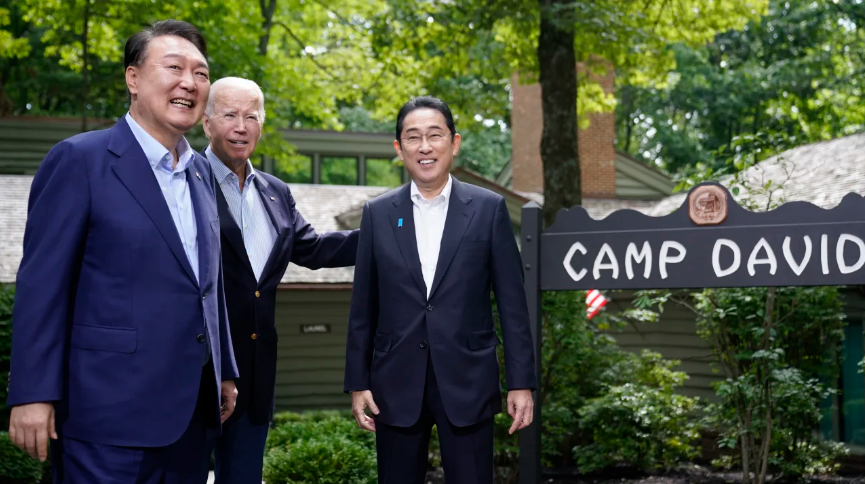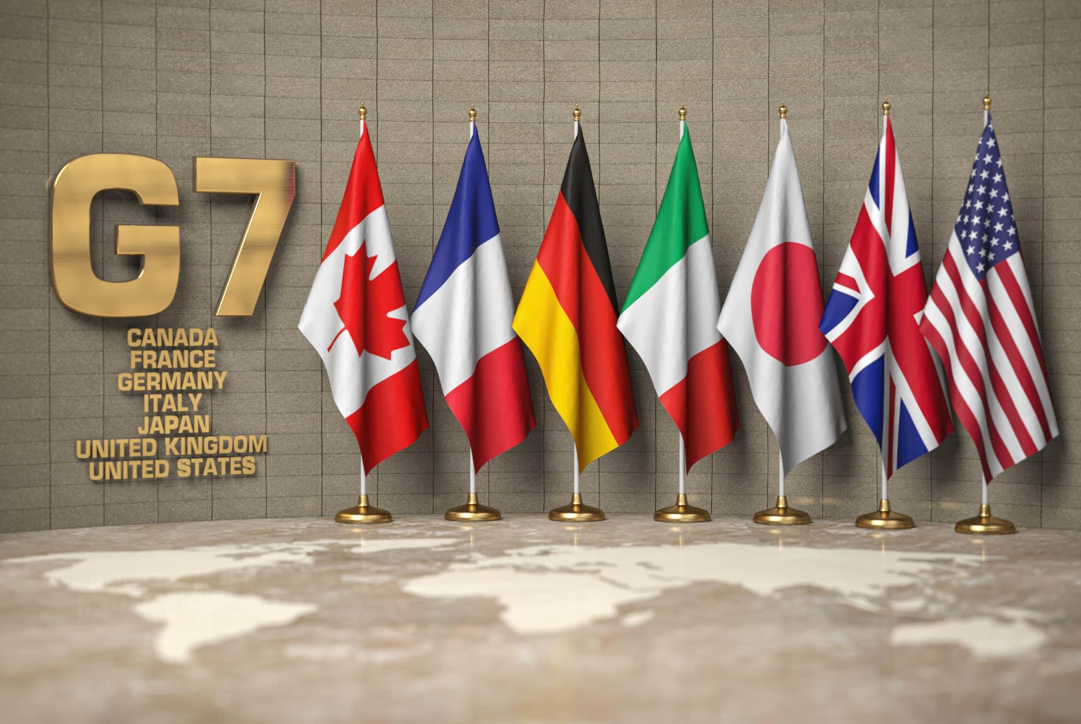Lucio Blanco Pitlo III, Research Fellow, Asia-Pacific Pathways to Progress Foundation
Mar 05, 2024
Amidst the India-Maldives dispute, the intricate dynamics of small island states emerge as pivotal players in the evolving maritime power play. As global powers vie for influence, the geopolitical spotlight shifts to these territories, whose strategic significance prompts a reassessment of traditional labels and fosters a newfound assertiveness in negotiating their roles in the international arena.
Brantly Womack, Professor, University of Virginia
Dec 14, 2023
The Indo-Pacific aims to contain China's influence but struggles with unclear membership and diverse objectives. By contrast, the economic region of Pacific Asia, centered on China, emphasizes interdependence, but grapples with political uncertainties due to concerns about overreliance on China. The member states of both have agency and will pursue their own interests, but China’s behavior will likely determine which grouping has the greater strategic salience.
Brian Wong, Assistant Professor in Philosophy, HKU and Rhodes Scholar
Nov 03, 2023
Southeast Asia’s geographic location and burgeoning economy puts them in the center of strategic plans by neighboring China, and rivalling U.S.-interests. The path forward for the region’s states will demand acute political maneuvering.
Alicia Garcia Herrero, Chief Economist for Asia Pacific at NATIXIS and Senior Fellow at Bruegel
Sep 07, 2023
China's economic slowdown is no longer the main contributor to global growth, but the rising strength of developing Asian economies offers hope for sustained global economic activity in 2023.

Li Yan, Deputy Director of Institute of American Studies, China Institutes of Contemporary International Relations
Sep 05, 2023
The deepening trilateral collaboration of the United States, Japan and the Republic of Korea is undermining stability on the Korean Peninsula, and recent provocative actions, will only serve to escalate tensions further. In addition, harsh rhetoric erodes the fragile trust of nations and could result in a generalized sense of insecurity.
Li Huan, Deputy Director at CICIR's Institute of Hong Kong and Macao Studies, and Distinguished Research Fellow, Xiamen University
Sep 05, 2023
If a report in the Washington Post is true, the United States is playing politics by blocking John Lee Ka-chiu’s attendance at an upcoming APEC meeting in San Francisco. This must not be allowed to become a spark that starts another prairie fire in China-U.S. relations.
Luo Liang, Assistant Research Fellow, National Institute for South China Sea Studies
Jul 06, 2023
The arms trade market has always been an indicator of the international security situation, and various acquisitions are now clouding the future of the Asia-Pacific region. Several countries are currently engaged in the most significant arms race since World War II.

Sun Chenghao, Fellow, Center for International Security and Strategy, Tsinghua University
May 30, 2023
The summit did not alter the overall direction of the United States or its core group of allies. U.S.-led competition with China only entered a new phase. America’s objectives have not changed, although it now sees the need to make adjustments.
Brian Wong, Assistant Professor in Philosophy, HKU and Rhodes Scholar
May 16, 2023
China and India are Asia’s two largest countries, and both are rising quickly to claim powerful positions in the international order. Their proximity has made them natural competitors - but their relationship’s pillars and challenges will be important to understand in the 21st Century.
Fan Gaoyue, Guest Professor at Sichuan University, Former Chief Specialist at PLA Academy of Military Science
Mar 08, 2023
The European Deterrence Initiative resulted in the Russia-Ukraine conflict eight years after its creation. Will the PDI lead to a U.S.-China or Japan-China conflict — or any other conflict in the days to come? The situation should be watched closely with high vigilance.